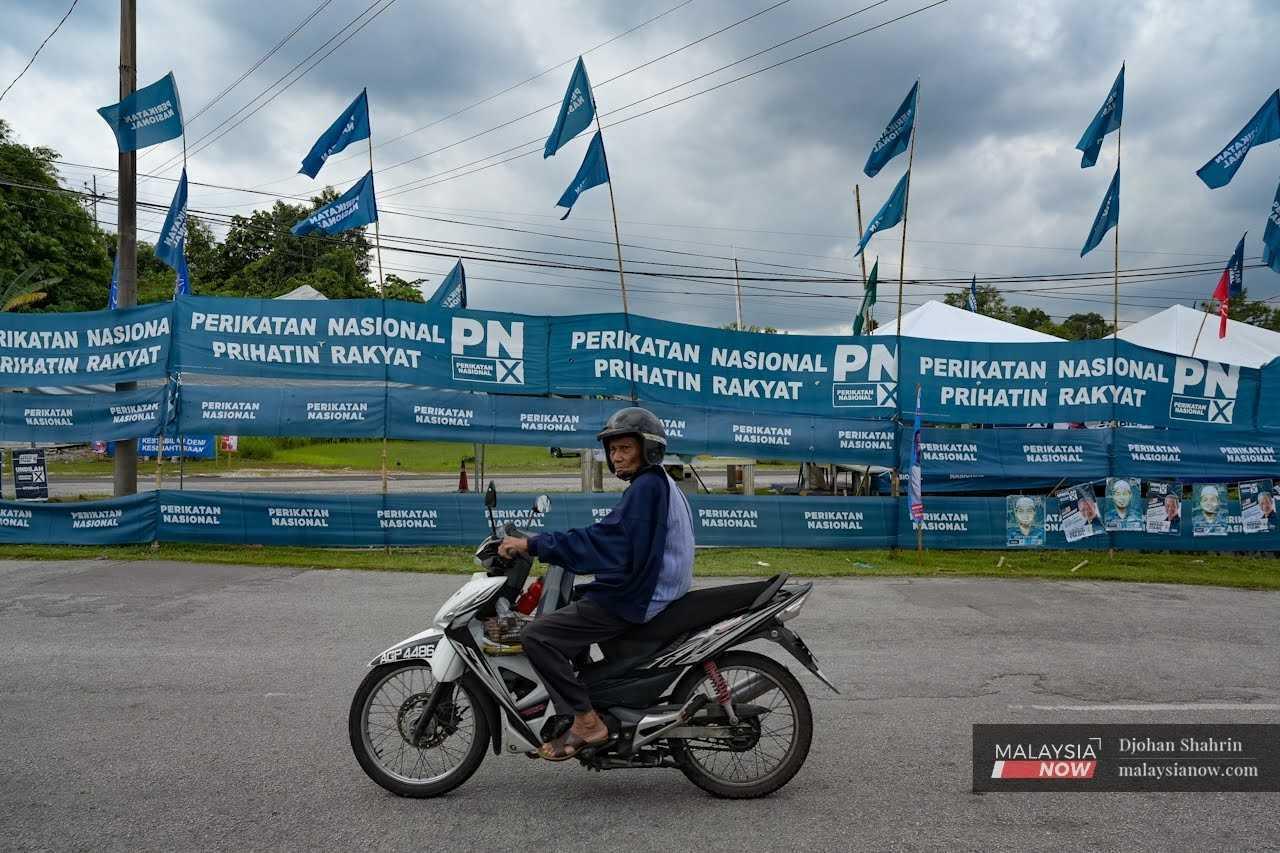Analysts dismantle PH's 'extremist' label for PN
They say Pakatan Harapan lacks an understanding of the nation-state narrative.
Just In
An ethnic relations expert warns that the narrative of extremism and racism aimed at the Malay community by government parties in attacks against Perikatan Nasional (PN) may backfire over time.
Mansor Mohd Noor from the Institute of Ethnic Studies at Universiti Kebangsaan Malaysia said the narrative was used to defend the formation of the government with Umno, which has long been accused of kleptocracy.
"They deny that the Malays have rejected Umno, which is now a symbol of kleptocracy, and then they turn the debate into one on extremism," he said.
Mansor, who studies ethnic relations in Malaysia, said Malay voters had shifted their support to PN as they wanted good governance.
However, he also attributed the change to the nation-state narrative which he said Pakatan Harapan (PH) leaders failed to understand.
"Those who voted for PAS are not religious people or 'tok lebai'," he said.
"They are Malaysians like any of us. But they want a clear definition of the nation state and reject the narrative of multiculturalism brought by DAP."
He said PH's move after winning the 2018 election to change institutions such as the National Service Training Centre and the Bureau of National Planning had also affected Malay voters.
"These were all nation-building efforts that were scrapped by PH," he said, adding that the narrative appeared mostly used by PKR and Amanah, with DAP staying out of it for the most part.
Political analyst Nizam Mahshar meanwhile said PH had acknowledged that Malay sentiments were marginalised in its policies and stance, giving the example of PKR deputy president Rafizi Ramli who had asked for PH leaders and supporters to look deeper into the issue.
"But it's hard to say whether this was his true stand on the matter or another political sound bite to rally support during the election," he added.
Nizam, who was once CEO of think tank Institut Masa Depan Malaysia, said the coalition government should focus on sectors such as asset ownership, real estate, employment in the private sector, and the make-up of senior management in companies and industries where Malays are the minority.
"This issue involves structural and fundamental matters," he said.
Ismail Sualman of Universiti Teknologi Mara said the Malays did not appear to agree on the formation of the current government, due to the perception that it had come about through force.
He added that PH could not expect the Malays to accept a coalition government as such things were incompatible with the spirit of Malay politics.
Mansor meanwhile said that some political analysts used terms incorrectly, including "extremism", "ethnic cleansing" and "institutional racism".
"They read books about Western thought and apply it to local situations," he said.
"In Malaysia, we have our own way of organising society which is different from the West."
Subscribe to our newsletter
To be updated with all the latest news and analyses daily.
